- Newest
- Most viewed
Interested in a Link Placement?

What Is A She Shed? A Guide To Building Your Own Oasis
Discover the meaning of a she shed, its uses, and tips for building one. Create your perfect retreat with these design and functional ideas for your backyard.
Smart Products | Jul 3, 2025 550 views
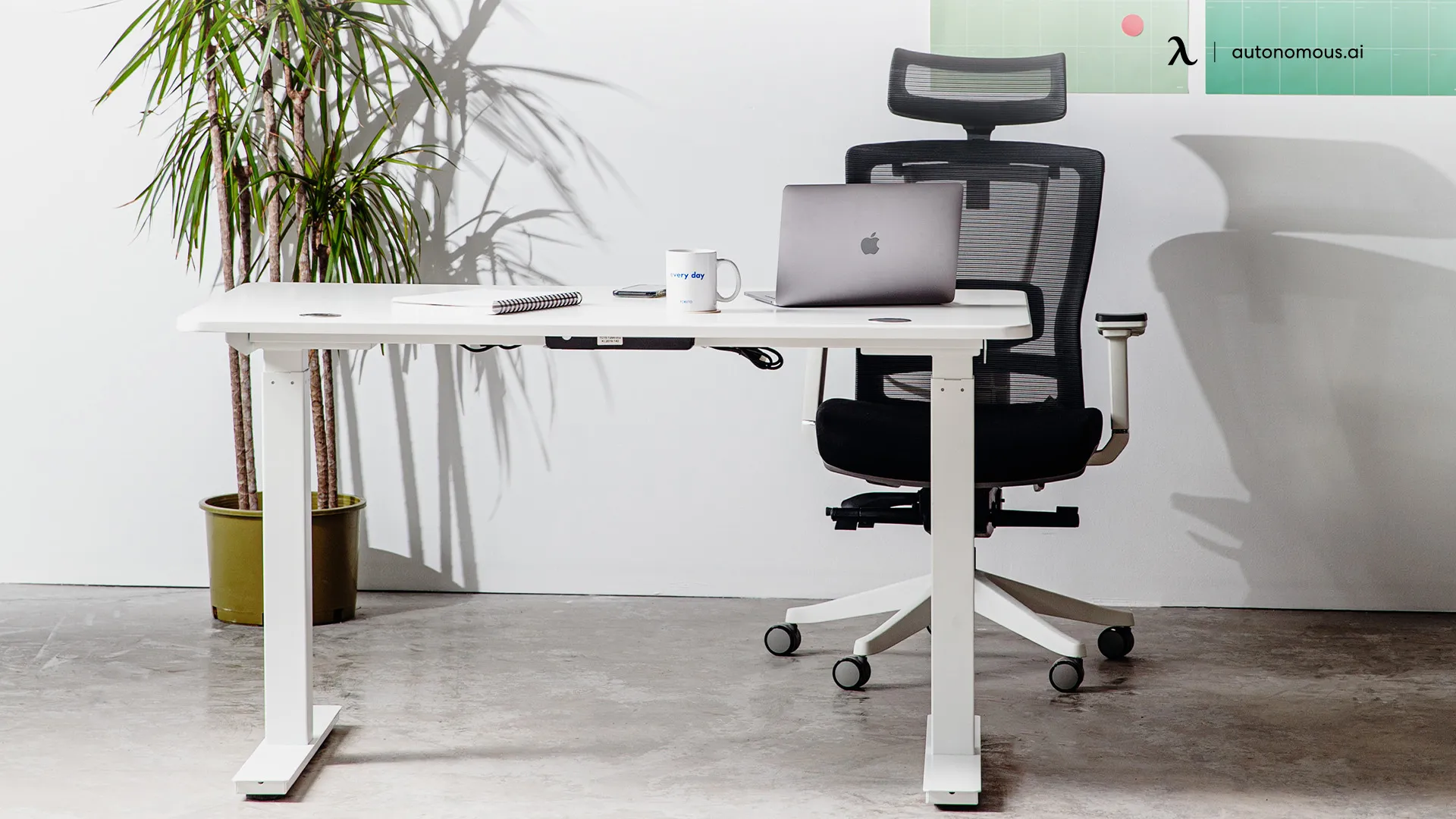
10 Office Chairs For Guitar Players That Hit The Note
Smart Products | Jun 29, 2025 445 views
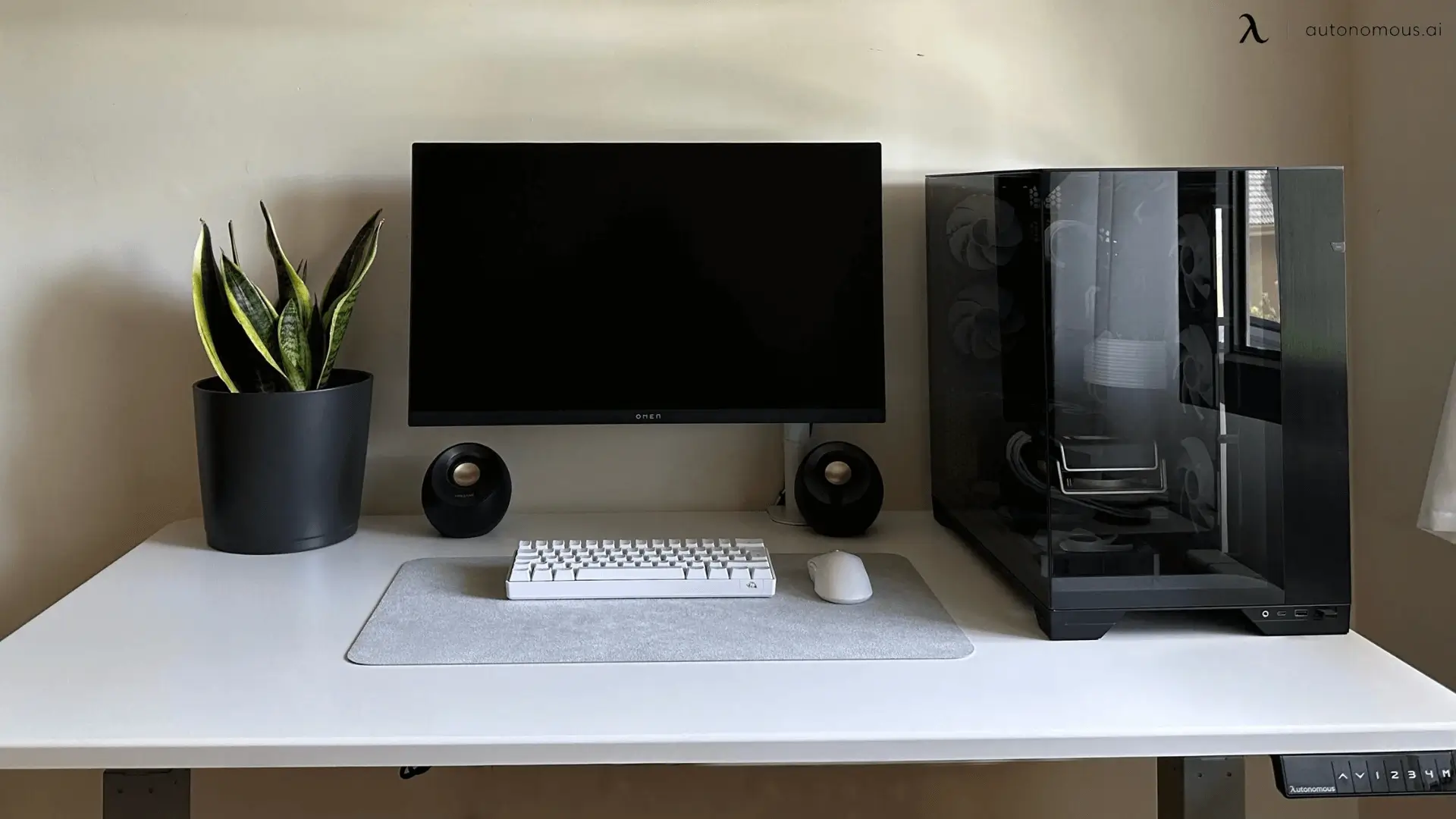
Best Standing Desks in Montreal, Quebec, Canada
Smart Products | Jun 27, 2025 913 views
.webp)
What Is Edge AI? Meaning and Use Cases
Smart Products | Jun 26, 2025 552 views
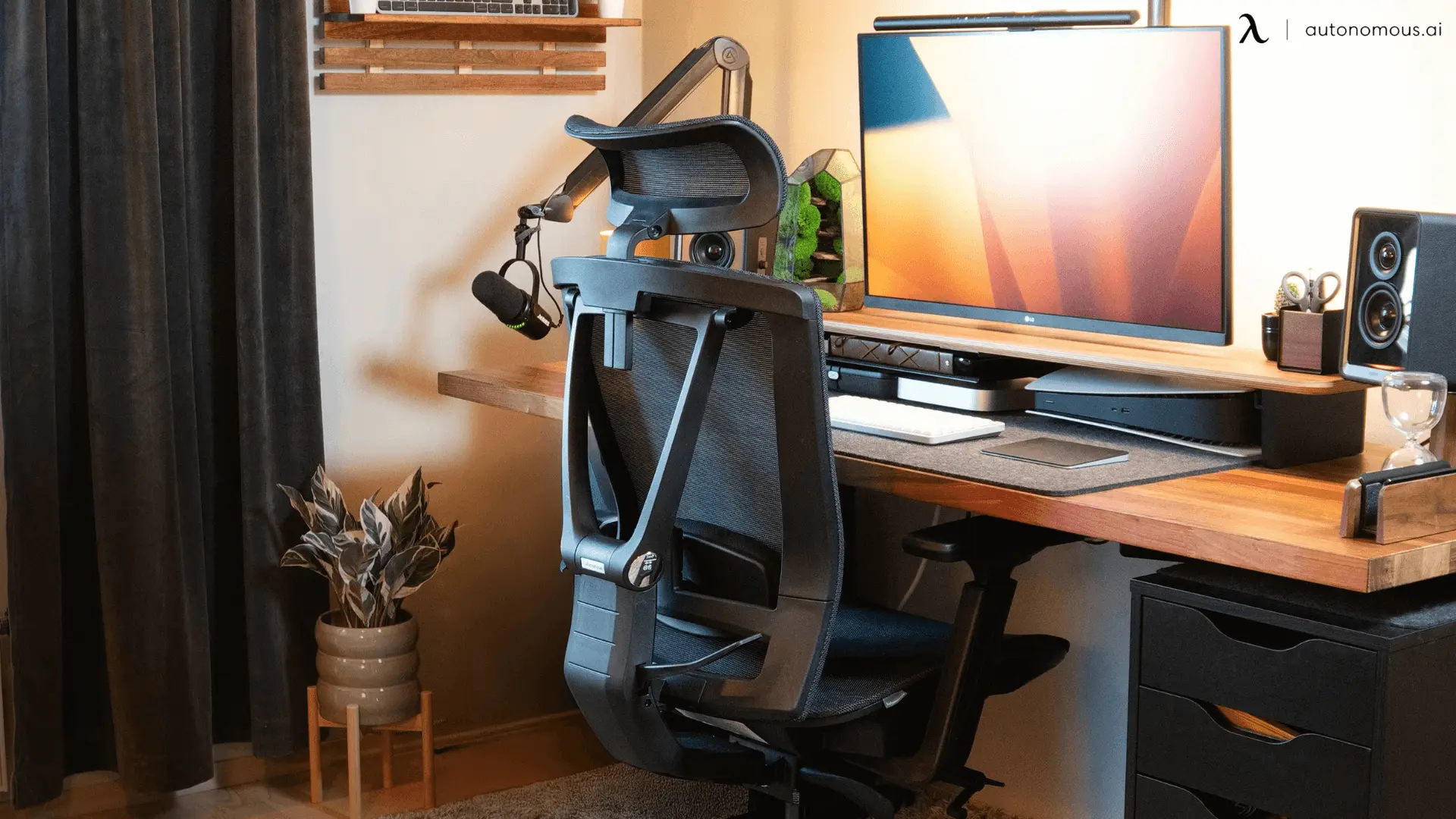
5 Best Ergonomic Office Chairs in Montreal, Quebec, Canada
Smart Products | Jun 25, 2025 1,044 views
.webp)
What Is an AI PC?
Smart Products | Jun 24, 2025 630 views
.webp)
Best 4th of July Tech Deals For A Smarter, Calmer Life
Latest Updates | Jun 20, 2025 787 views
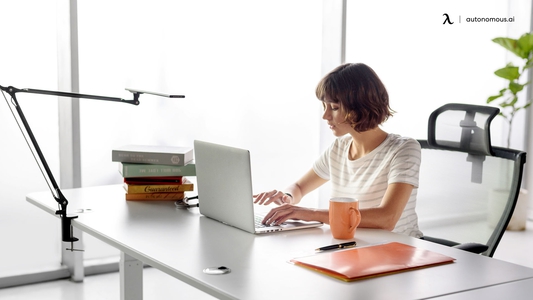
Upgrade Your Space With The Furniture 4th of July Sale
Latest Updates | Jun 20, 2025 724 views
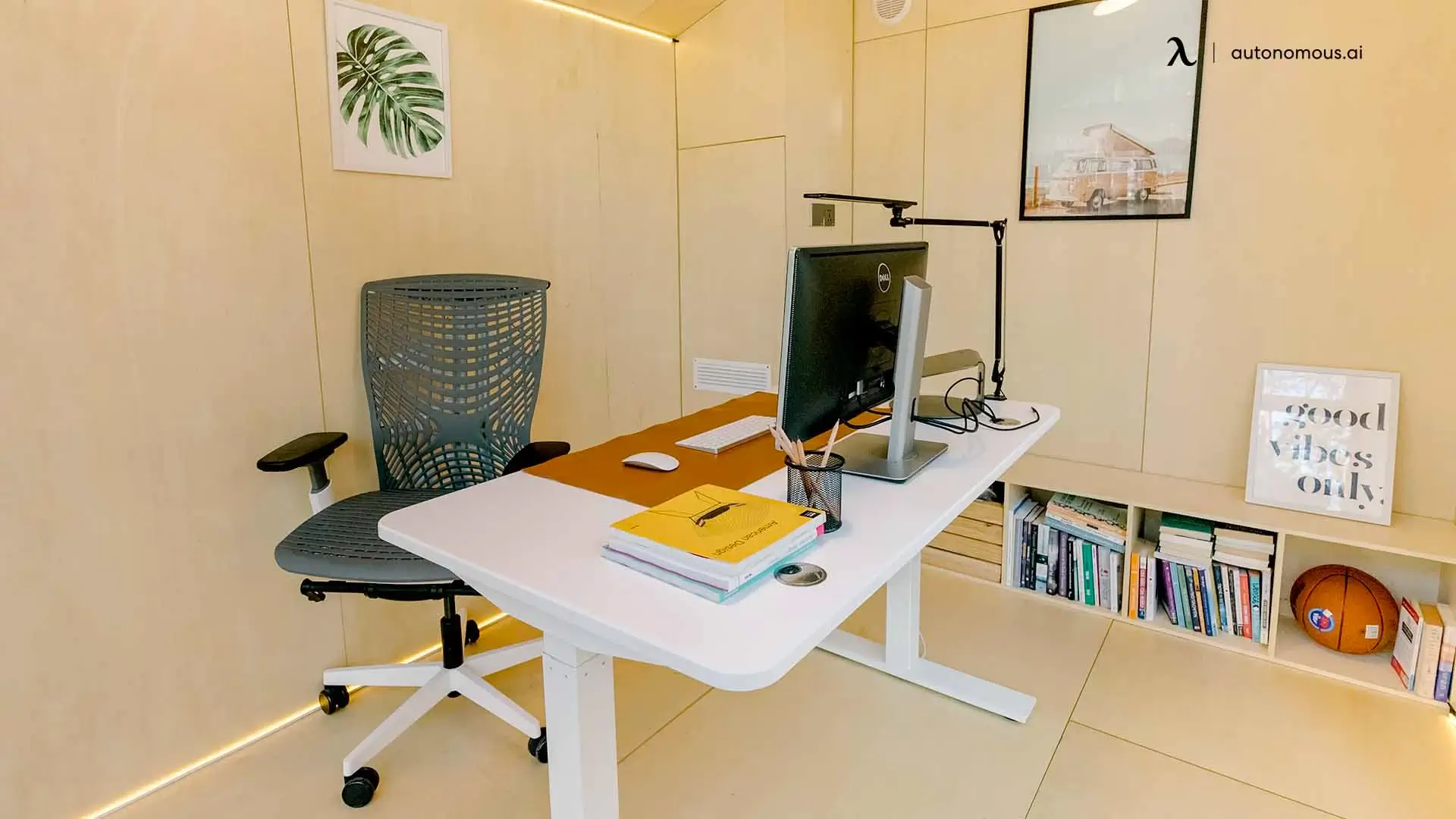
Deep Work Quotes to Inspire Focus and Productivity
Productivity | Jun 19, 2025 976 views
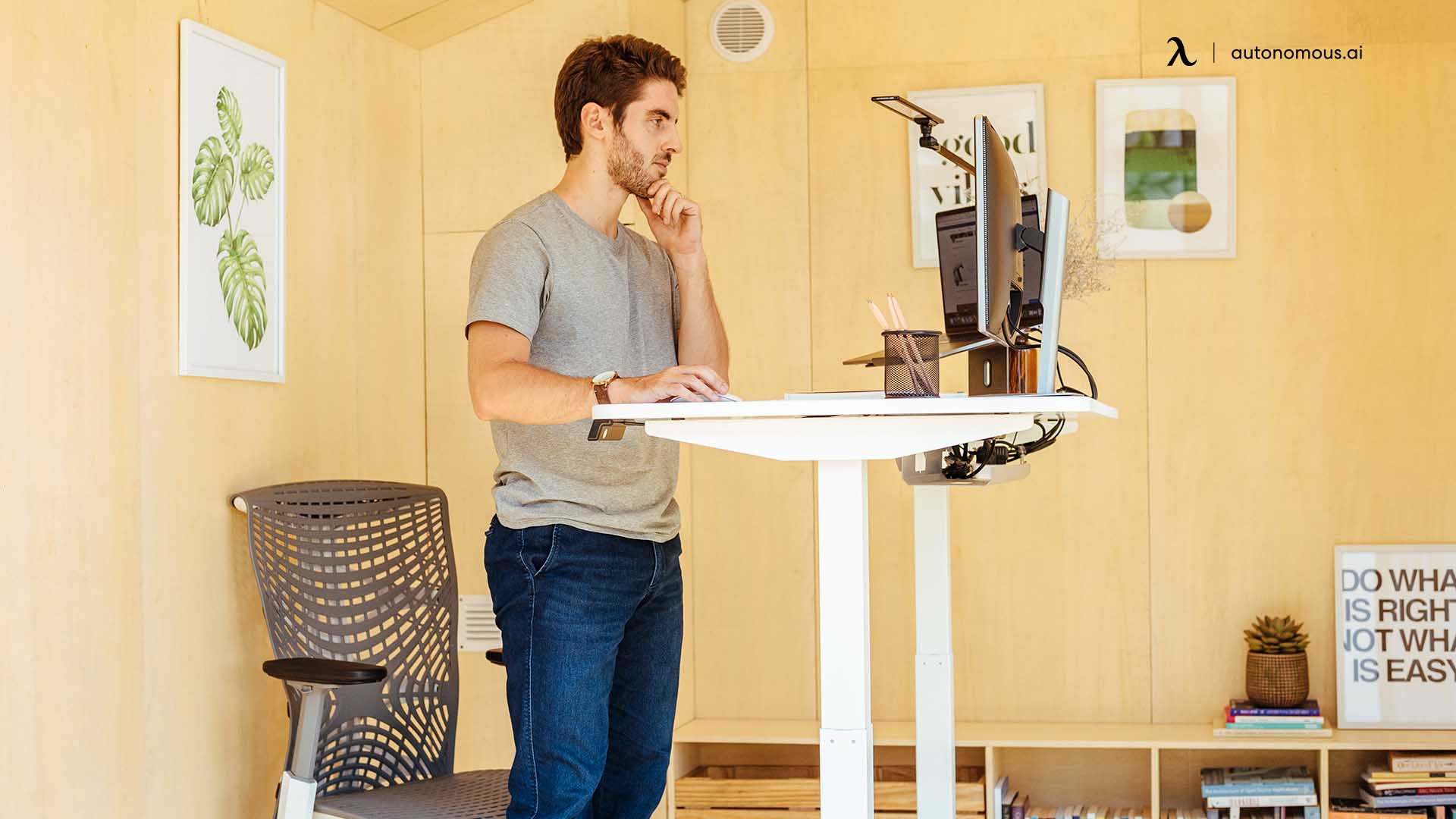
Back Pain From Standing: What You Can Do About It
Work Wellness | Jun 19, 2025 373 views

The Best Yoga Poses for Back Pain Relief
Work Wellness | Jun 18, 2025 541 views
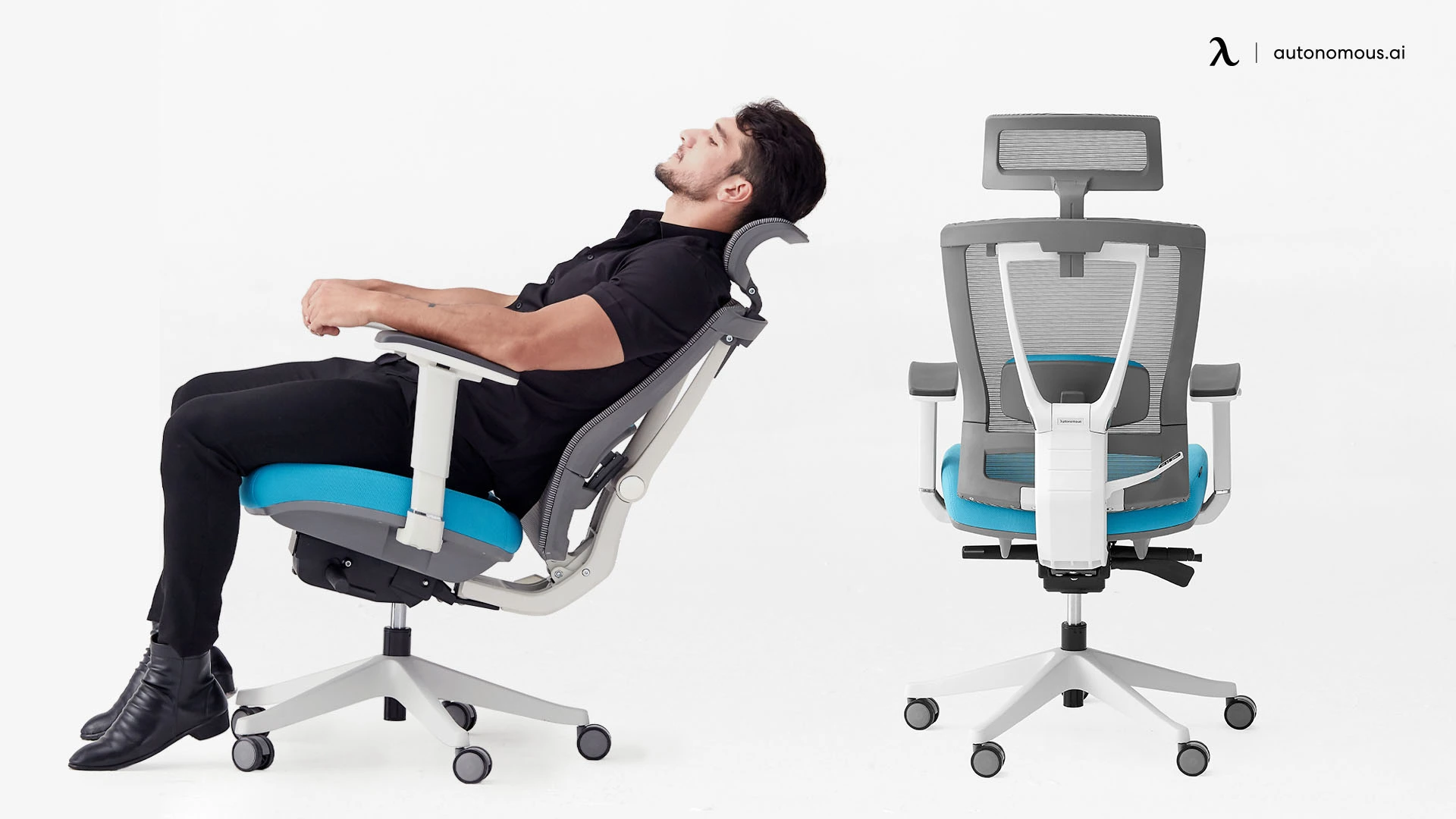
Find Comfort With The Right Office Chair Upholstery
Smart Products | Jun 18, 2025 712 views
.svg)


.webp)


